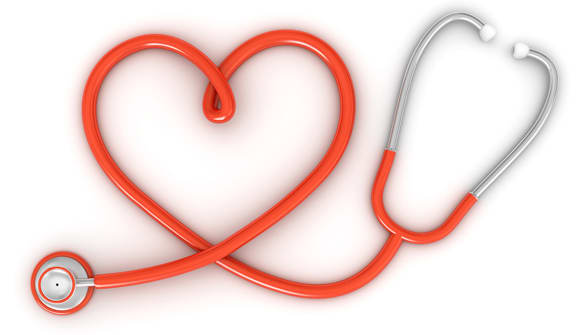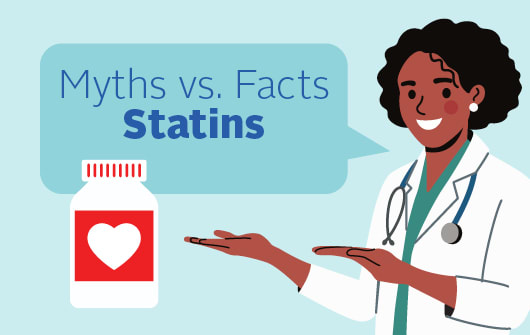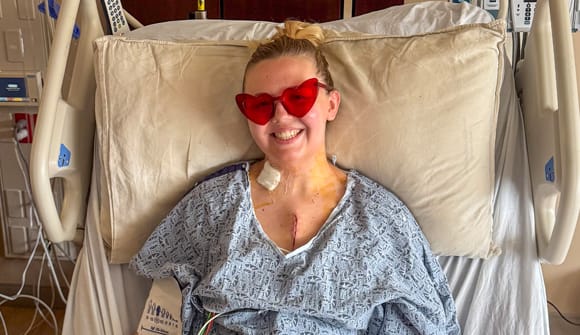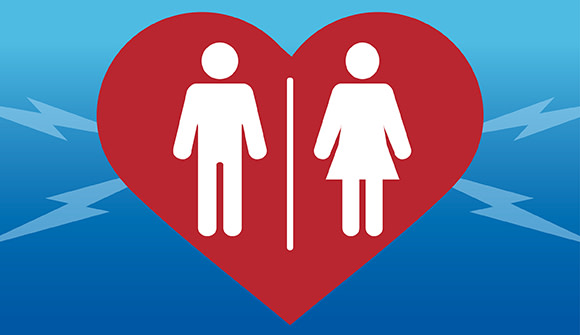Skip, stop, pound
Heart aflutter? Here’s everything you need to know about palpitations.
Article Date:
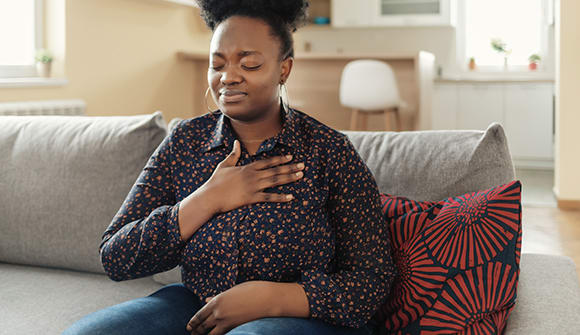
Some people use the phrase, “My heart skipped a beat,” when describing something shocking that happened, but for many people, that feeling happens for real every day.
Heart palpitations are a feeling of skipping, stopping or fluttering in the chest, according to Alejandro Peña Jr., MD, board-certified cardiologist at Baptist Heart Specialists, and are most common in young and middle-aged women. Here’s what this heart expert wants you to know about those odd sensations in your chest.
Why all the commotion?
So, what’s the reason for all these skips, flutters and more? Palpitations can occur on their own or be a symptom of other heart conditions.
“Several things can trigger them, but sometimes we don’t find another cause at all,” Dr. Peña said. “Most of the time, it’s something benign, and palpitations can be exacerbated by certain things, like drinking too much caffeine. Some people have something more serious, like an abnormally fast heartbeat called supraventricular tachycardia, which can feel more like a pounding in the chest that goes on for several minutes to an hour and can cause dizziness.”
Persistent, recurring heart palpitations can also be caused by hyperthyroidism, hypothyroidism, adrenal disease, vitamin deficiency or anemia.
So, how do I know if it’s serious?
If you have those fluttering, skipping or pounding sensations in your chest, how will you know when it’s time to see a doctor?
“If it’s bothersome enough to affect your day, go ahead and get it evaluated. For the most part, palpitations are benign, but we may uncover something else,” said Dr. Peña.
Helping your heart
The good news is there are lifestyle changes you can make to help reduce the frequency of your heart palpitations. Dr. Peña said options include reducing your caffeine intake, limiting alcohol, exercising, getting enough sleep and reducing stress. If you have a vitamin D or magnesium deficiency, or may be low on electrolytes, adding more of those to your daily regimen can help, too.
A cardiologist can best determine if any of these changes would improve your heart’s health and rid you of pesky palpitations.
“We’ll usually have you come in and do an electrocardiogram (EKG), listen to your heart, and often I’ll do an ultrasound of the heart,” said Dr. Peña. “Then we do a short-term rhythm monitor for seven to 14 days so we can identify what’s going on. If it’s just a couple seconds during the day, it may be associated with stress or anxiety, or something benign like premature ventricular contractions (PVC), which can feel like your heart skips a beat. These are usually not dangerous, just annoying.”
After examining all of this information, your doctor may prescribe medications or consider other treatments depending on the cause of those irregular beats. Dr. Peña does caution those with palpitations that if they last for more than 20 minutes at a time – and they’re accompanied by dizziness, chest pain or shortness of breath – it’s safest to head to the Emergency Room to make sure it’s nothing serious.
If you have heart palpitations and would like an expert to weigh in, Baptist Heart Specialists is here for you. Call 904.720.0799 or request an appointment online.
